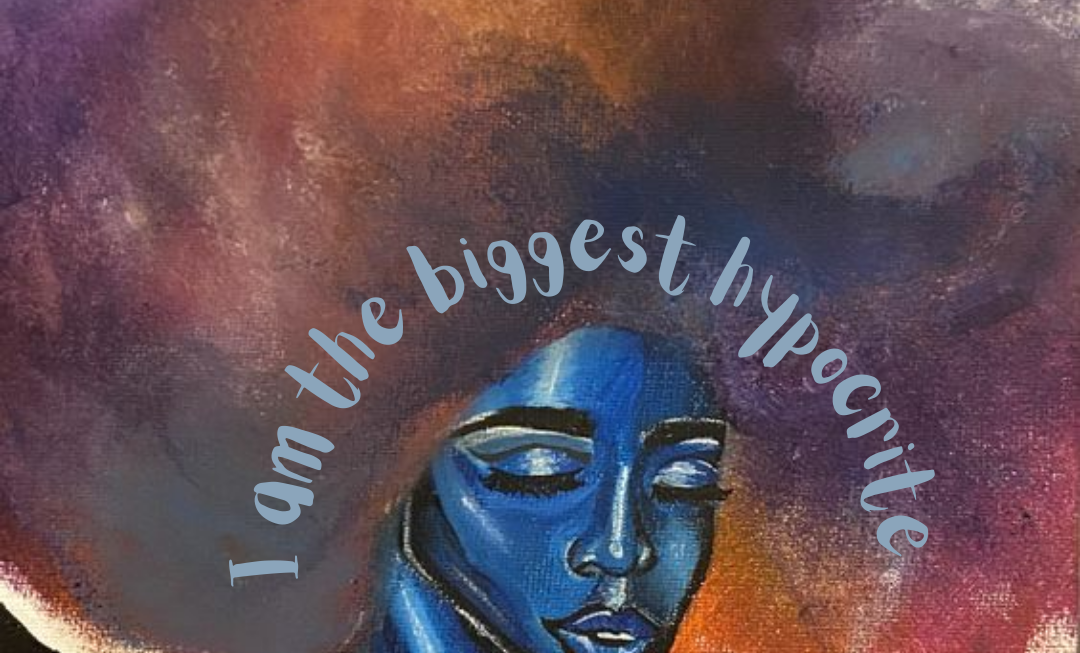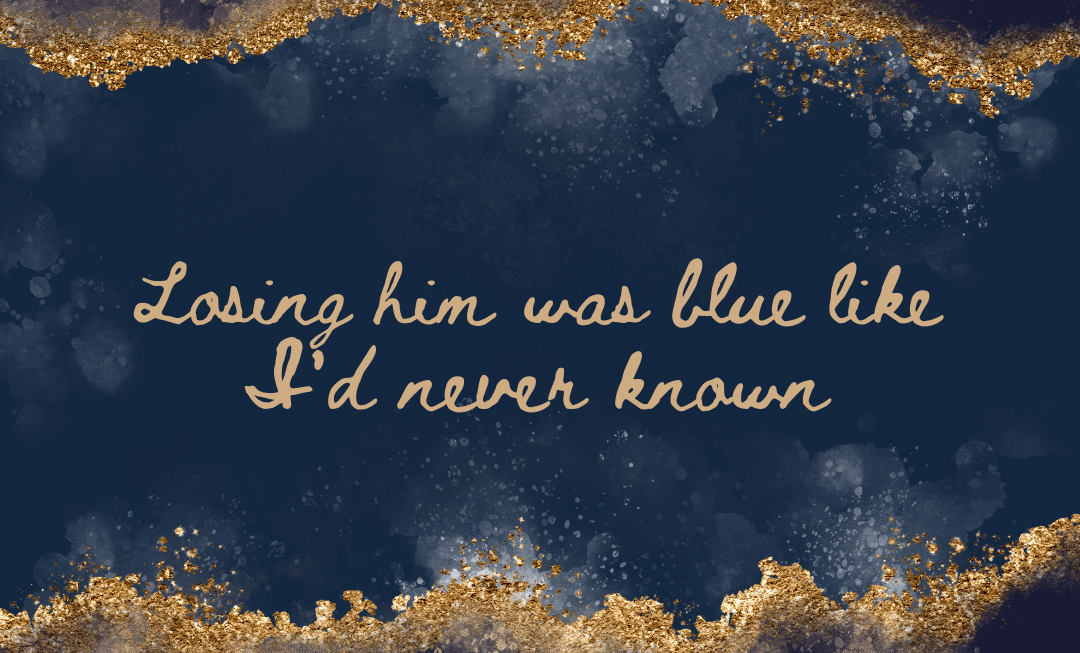
I was sitting at a small, weathered tea tapri just outside my office—a place as humble as it was comforting, with the scent of boiling tea leaves mingling with the dust of the afternoon air. It was one of those ordinary moments where time seems to stretch gently, broken only by the occasional clink of glasses or a scooter’s whirr or some chitter chatter.
It was then that I noticed him—a young man, probably in his early twenties. Slender to the point of appearing almost fragile, he had the weary gait of someone who had walked far more than his body could handle. A modest, slightly frayed backpack clung to his back, the fabric darkened in patches with sweat. His shirt, clung to his frame like a second skin, soaked and creased with the burden of heat and exhaustion. He was someone whom nobody would have wanted to give any importance.
He paused in front of the tapri—not abruptly, but with the hesitation of someone caught between impulse and inhibition. His feet halted mid-step, and for a moment, he stood utterly still, as if time had paused for him alone. Then, almost reluctantly, he took five slow, tentative steps forward—each one measured, as though he was trying to walk away from a thought he couldn’t ignore. And then, once again, he stopped.
There was something deeply human, almost heart-wrenching, in his body language. His shoulders slumped slightly, and he looked ahead, not at anything in particular, but into a void only he could see—one made of questions, shame, and inner conflict. Then, just as slowly, he turned back toward the tapri, his head tilting slightly as if weighing a decision that carried far more weight than it should have.
He took a single step—just one—toward the tea stall. Then stopped again.
In that brief moment, his face became a canvas of emotion. His eyes were restless, flickering not with fear but with a deep, consuming uncertainty. You could almost read his thoughts written across his brow: Should I ask? Will they judge me? Will they say no? Why is something so small so hard to ask for?
His lips trembled, though they said nothing. His jaw tightened, then softened again, as though he had rehearsed a line in his head but couldn’t summon the courage to speak it aloud. There was a quiet desperation in him—like someone drowning in pride but gasping for help beneath the surface.
What struck me most was not his hunger or his thirst, though both were evident, but the sheer weight of shame he carried—the kind that doesn’t come from wrongdoing, but from needing something and fearing you don’t have the right to ask for it.
He stood there—caught between hunger and hesitation, between the simplicity of tea and the complexity of dignity—his very presence a silent story that no one noticed, and no one had interest to understand.
Unable to watch his silent struggle any longer, though it was only 2-3 minutes that had passed, I called out to him.
He looked startled, almost as if he feared being pointed out. Hesitantly, he asked, “What?” His voice was barely audible, the word slipping out more from habit than confidence.
I gestured toward the empty stool beside me. “Come, sit for a while,” I said softly.
He approached with caution, as though he might still be turned away at the last moment. He sat—rigid, alert, unsure of what this moment might bring. We spoke for a few minutes, no more than four or five. He answered in brief, hesitant phrases, eyes darting occasionally to the tea glasses, the kettle, the world around us that seemed so normal, so distant from his own.
And then, finally, as if he could no longer hold it in, he said it.
“I don’t have any money.”
Just that. No explanation, no backstory, no embellishment—just raw truth, placed gently in the space between us.
There was a moment of silence. Something stirred in me—perhaps a memory of my own difficult days – I never had difficulty of money, but difficult days I have had. or perhaps something deeper that doesn’t need a name.
My hand reached instinctively into my pocket. I didn’t check the denomination. I didn’t think twice. I simply pulled out the note—Rs. 500—and handed it to him.
He looked at me with eyes that held disbelief. Gratitude? I did not capture that. His eyes had disbelief, eyes that had forgotten how to ask and were slowly remembering what it meant to receive.
No thank yous were spoken.
Some moments don’t require language. They just ask us to witness, to respond, to be human.
#HumanMoments #SilentStruggles #EverydayCompassion #KindnessMatters #UnspokenStories #DignityInNeed #EmpathyInAction #SmallActsBigImpact


